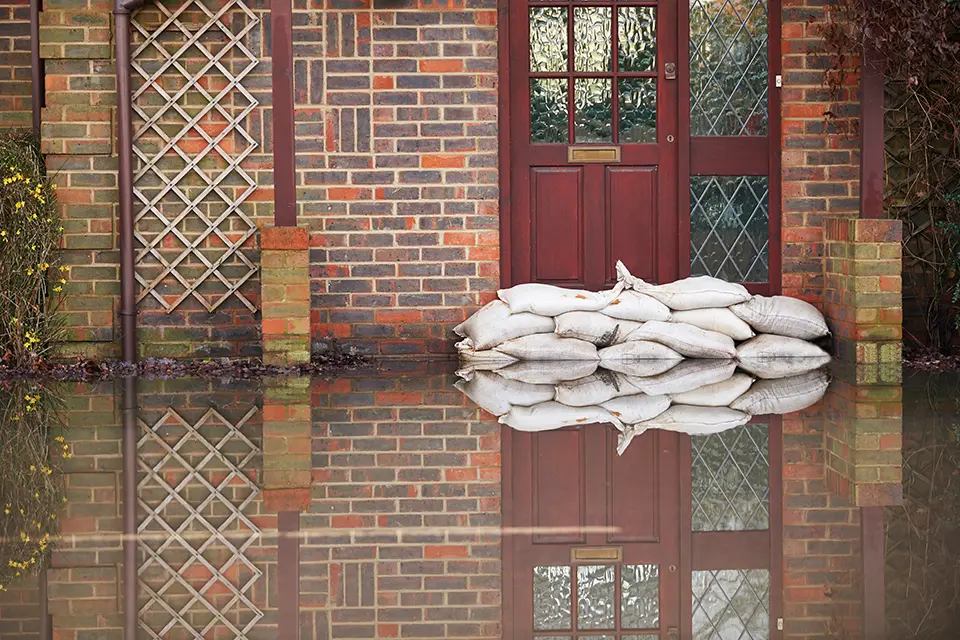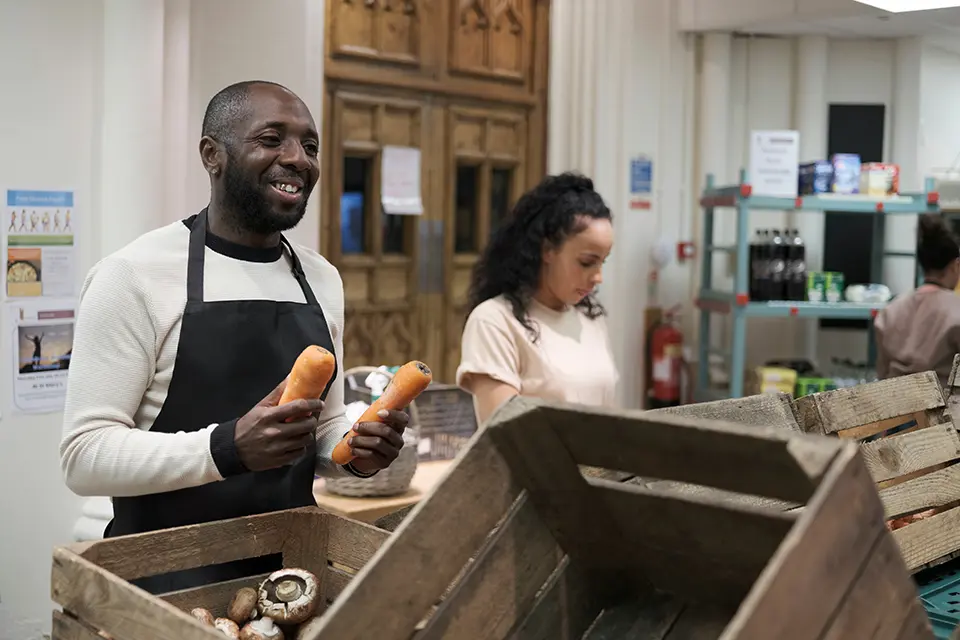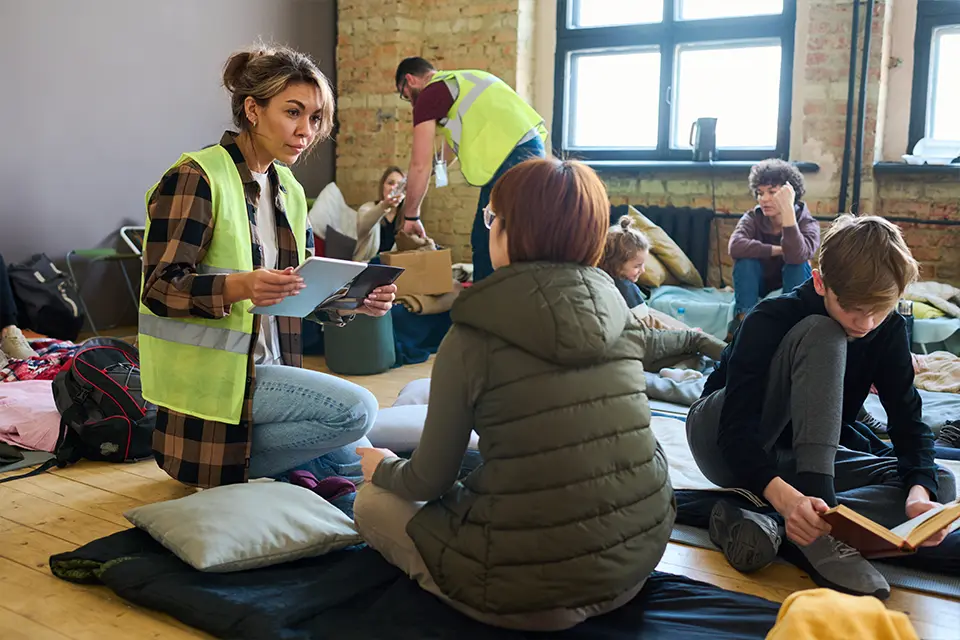Storm winds are blowing. Suddenly, the power goes out. What do you do?
For householders, the lights are off, the internet is down, and there may be no water or heating.
For commuters, unexpected traffic chaos and train delays.
For businesses, sales are disrupted and operations stall.
Soon, the power is restored, and life returns to normal. But what if it didn’t?
We live in an interconnected world where a fault in one system sends shockwaves through many others. Disruptions can be sudden or slow-burning, visible or hidden — but they are increasingly frequent, complex, and wide-reaching.
The risks are real. But so is our power to shape how we respond.
This is where resilience comes in.


